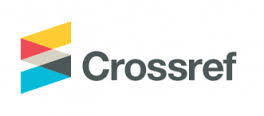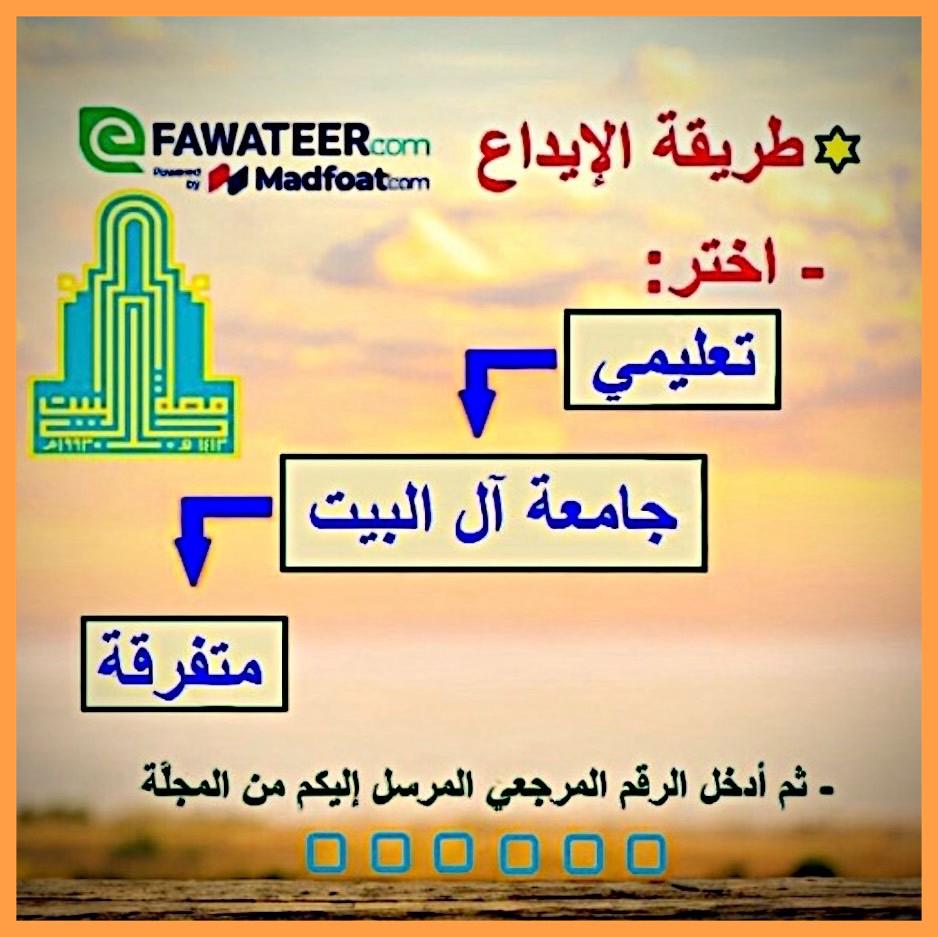The Reality of Science Teachers’ Use of Digital Learning Skills in Light of the Requirements of Distance Learning
DOI:
https://doi.org/10.59759/educational.v3i4.825Keywords:
Digital Learning Skills, Science Teachers, Distance LearningAbstract
The study aimed to identify the reality of science teachers’ use of digital learning skills in light of the distance learning requirements for the academic year (2023/2024). To achieve this goal, the descriptive survey method was used, and the study sample consisted of (102) male and female science teachers in Mafraq Governorate in Three directorates, (Directorate of Education of Qasabat Al-Mafraq District, Directorate of Education of the North-Eastern Badia District, and Directorate of Education of the North-Western Badia District). A questionnaire was developed consisting of three areas of digital learning skills that included (42) indicators, and its validity and reliability were determined according to research principles. The results indicated that science teachers use digital learning skills in their teaching to a high degree, and that there are no statistically significant differences attributed to any of the study’s categorical variables (gender, years of experience, number of courses) and the interaction between them. The study recommended the importance of including digital learning skills in teacher preparation and qualification programs and following up on their evaluation after training.
Downloads
References
Balajadia, D. M. (2015). Gauging the ICT-Based Teaching Readiness of Preservice Teachers in the Light of 21st Century Education. PEOPLE: International Journal of Social Sciences, Vol. 1, No. 1, Page 11-30.
Bird, T. & Rosaen, C. (2005). Providing authentic contexts for learning information technology in teacher preparation. Journal of Technology and Teacher Education, 13, 211-242.
Dolenc,N. Beaulieu,P.& sheppard ,P.(2022).Maintainig Scientific Inquiry in Online Education. Research Issues in Contemporary Education, 5(3),13-25. From: https://Eric.ed.gov/?q=Effectivness+of+Online+Science+teaching&id=EJ12934469
John, O, Hunter, (1992): Technological Literacy defining New Concept for General Education, Educational Technology, March, 1992, pp. 26- 29.
Khazaleh, T. And Jawarneh, T. (2006). Barriers to effective information technology integration in Jordanian schools as perceived by in-service teachers. Jordan Journal of Educational Sciences 2(4): 281-292.
Tuluk, G., & Halil, I. (2021). Online Information Search Competencies of Prospective Philosophy Teachers in an Online Pedagogical Formation Program. International Journal of Progressive Education, 17(1), 54-67.
Web (2007). " Educational Technology Standards and Performance Indicators for All Teachers", Available At:
http://cents.iste.org/ncate/n_found.html
Yue, X. (2019) . Exploring Effective Methods of Teacher Professional Development in University for 21st Century Education. International Journal of Innovation Education and Research, 7 (5) , 248 - 257. Zara.


